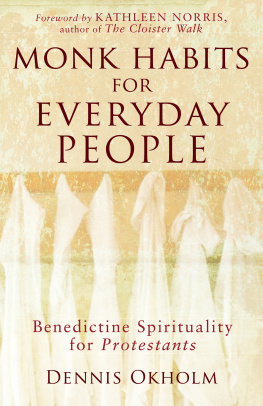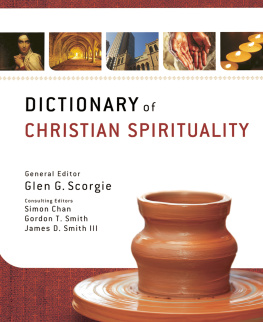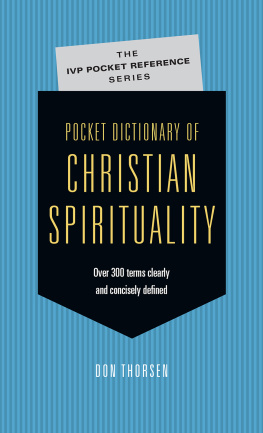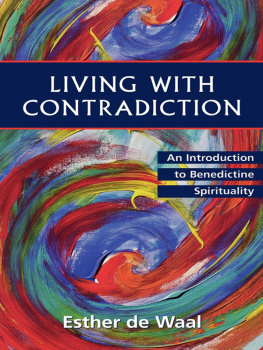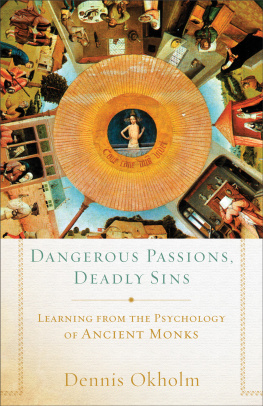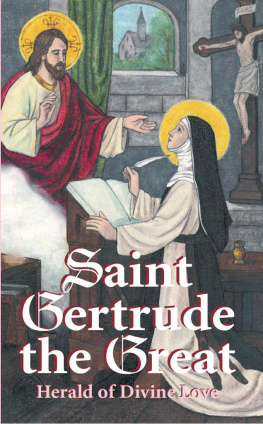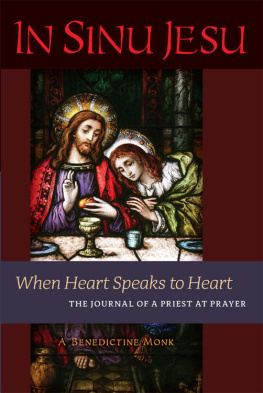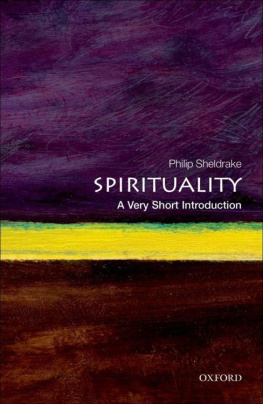Title Page
Copyright Page
2007 by Dennis Okholm
Published by Brazos Press
a division of Baker Publishing Group
P.O. Box 6287, Grand Rapids, MI 49516-6287
www.brazospress.com
Ebook edition created 2010
Ebook corrections 01.12.2018
All rights reserved. No part of this publication may be reproduced, stored in a retrieval system, or transmitted in any form or by any meansfor example, electronic, photocopy, recordingwithout the prior written permission of the publisher. The only exception is brief quotations in printed reviews.
Library of Congress Cataloging-in-Publication Data is on file at the Library of Congress, Washington, DC.
ISBN 978-1-4412-0040-2
Gotta Serve Somebody, by Bob Dylan, copyright 1979 Special Rider Music. All rights reserved. International copyright secured. Reprinted by permission.
The Trouble with Epiphanies, by John LHeureux, was reprinted by permission of the author.
Dedication
To Sister Michaeleen Jantzer
who got me started
and
to Brother Benet Tvedten
who kept me going
Contents
CONTENTS
Foreword
During my first visit to a Benedictine monastery I was struck by what a good place it was to be as a Protestant. It wasnt only the extraordinary hospitality I encountered therewhich I later learned is a core value of Benedictine spiritualityit was that I felt totally immersed in scripture. All day, every day, at morning, noon, and evening prayer, I was being asked to listen to the Bible, and let its words wash over me. At the Eucharist some words of interpretation were tossed in, but they were very few, as monastic homilies tend to be brief.
To hear entire psalms, and not just Sunday morning snippets, moving with the psalmist through the entire range of human emotionfrom anger to joy, from bitter lament to exultant praisetaught me much about the nature of religious pilgrimage. To savor a minute of silence between each psalm, and two minutes after a scripture reading, allowed my heart to respond more fully. I was being shown a way to engage the Bible in a lively yet respectful manner such as I had never before experienced. It seemed that in just one day in the monastery I was hearing more scripture, and it was penetrating more deeply, than in a month of Sundays in the more hurried and talky worship of my Congregational, Methodist, and Presbyterian heritage.
My attraction to monastic liturgy did not mean that I was becoming a Catholic. Instead, it threatened to turn me into a better Protestant, one who was more attentive to the power of the Word. And this, I saw, was the fruit of genuine hospitality, which is not about turning others into people just like you but rather helping them to discover their own true selves. For someone who was just making her way back to church after many years, it was an unexpected and inestimable gift to be reintroduced to the Bible in such a powerful way.
I later learned that at around the same time, in a Benedictine abbey several hundred miles to the east, Dennis Okholm was having much the same experience. We were in fact part of a significant grassroots movement in American spirituality. Beginning in the 1960s, after Vatican II, many Protestants were discovering monasteries as places of spiritual renewal. Some were even becoming oblates (or associates) of these Christian communities. Today, in any Benedictine guest house, one will encounter laypeople and clergy from a wide range of denominations. There I have met Episcopalian, United Church of Christ, Church of the Nazarene, Assembly of God, AME, Baptist, Presbyterian, Methodist, Disciples of Christ, and Lutheran pilgrims.
Given this great diversity, the monastery choir and guest quarters become in effect ad-hoc ecumenical assemblies where Christians can enjoy what they have in commonthe psalms, the gospels, and the Lords Prayerand not worry too much about what divides them. As a knowledgeable pastor and theologian, Dennis Okholm proves an excellent guide to this phenomenon, offering a fresh perspective on what attracts Protestants to monasteries. He demonstrates that it is not just another case of Americans shopping around for their spirituality, but a genuine reclaiming of the taproot of Christianity, a reconnecting with a religious tradition and way of life that predates all of the schisms in Christendom. His afterword, a reflection on the Protestant reformers and their original objections to monasticism, is particularly valuable.
This memoir, gentle in tone and often humorous, is nonetheless full of challenges to Protestant comfort zones. Okholm, for example, recommends that churches searching for a new pastor use as a template Benedicts Rule on the qualities desired in an abbot. He asserts that in a culture addicted to consumption and celebrity, exposure to Benedictine life and prayer can be a shocking plunge into the real world. He believes that monasteries, by demonstrating the religious significance of Christian community to an individualistic society, are a true witness in the world, for the sake of the world.
When I became an oblate in 1986, the Anglican writer Esther deWaals Seeking God was the only book I could find that came close to addressing my situation. Now there are many books to help Protestants understand that Benedicts Rule is not just of use to monks, but also to churches, married couples, families, and individuals seeking to pray in a more contemplative manner. It is especially important that we now hear from Dennis Okholm, who reminds us that for all Christians, good spiritual habits are good for our spiritual health; that scripture is the original rule; and that Christ is the point of it all, our true beginning and our end.
Kathleen Norris
June 2007
Acknowledgments
This book is, in part, the result of twenty years of influence by Benedictine monastics who have participated in my ongoing sanctification. Preeminently these have included Sister Michaelene Jantzer, O.S.B., and Brother Benet Tvedten, O.S.B. The monks of Blue Cloud Abbey who are referred to enmasse and by name with great frequency in this book have been very significant in my journey. Many I have met along the way, such as Fr. Joel Rippinger, O.S.B., have also helped me to appreciate the serious academic study of Benedictine history and practice.
Some of the richest times I have had with Benedictine monastics took place at the semi-annual meetings of the board of the American Benedictine Academy during the four years that they tolerated my membership. (The board even helped set up a rendezvous with my wife outside of Tucson, Arizona, as we combined a meeting of the board with a meeting of a husband and wife who were only able to see each other once a month during a year of separation due to vocational commitments and inconvenient divine providence.) And the ABAs biannual gatherings, as well as two national meetings of oblate directors that I was privileged to attend, have increased my understanding of many dimensions of Benedictine history, thought, and life, about which I would otherwise be ignorant. Each time I have met with Benedictine monastics and oblates at these meetings I have come away richer, deeper, and blessed.
The initial draft of this book was encouragingly received by Rodney Clapp, but his editorial comments and his suggestions for improving the manuscript spurred me on to make the book more accessible and applicable to the everyday lives of nonmonastics. Subsequent readings by Benet and by the very competent editing of Ruth Goring have not only made wise suggestions and necessary corrections, but have saved me from making some embarrassing misstatements. Its been a joy to work with Rebecca Cooper at Brazos Press; its been reassuring to know that even though she was once one of my students, it didnt prevent her from being a very capable and professional managing editor.

